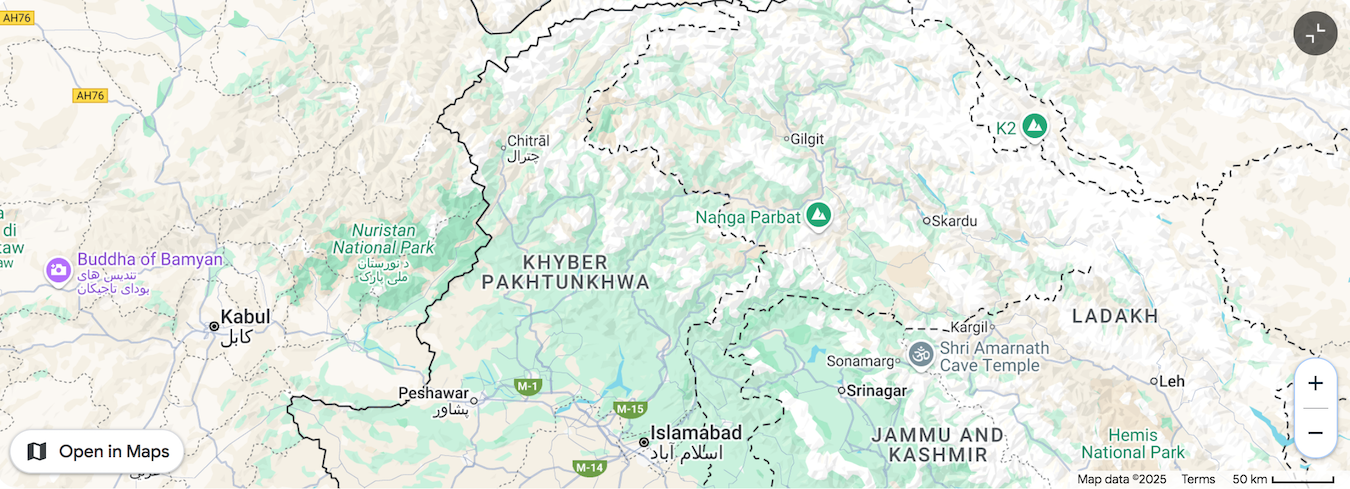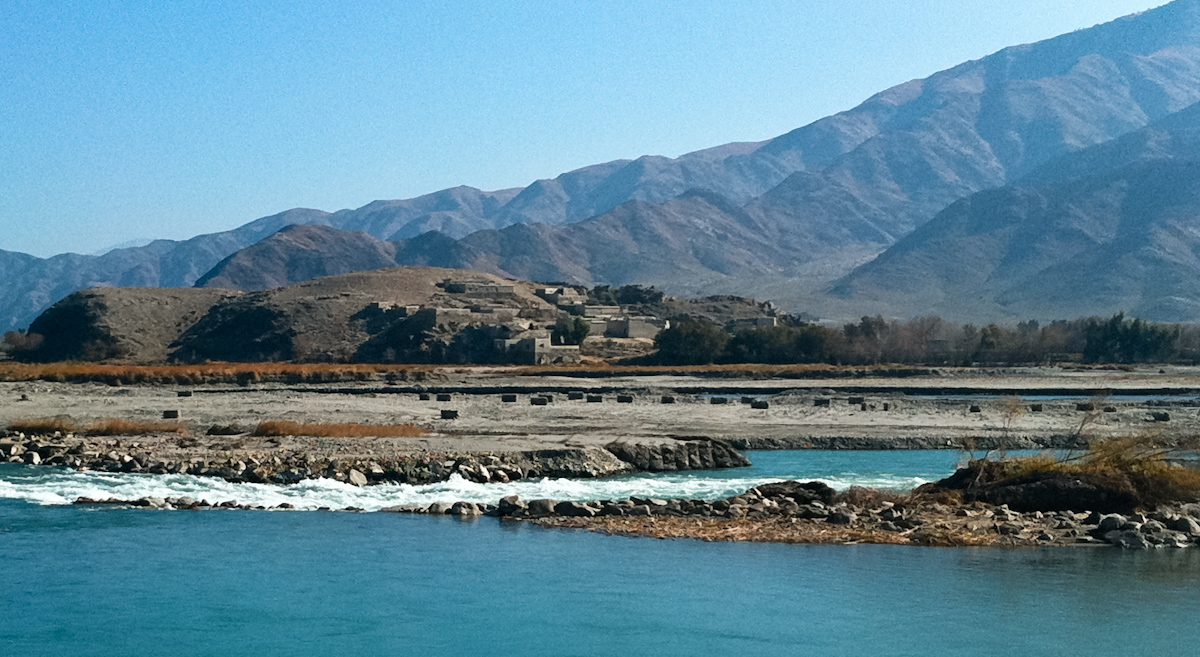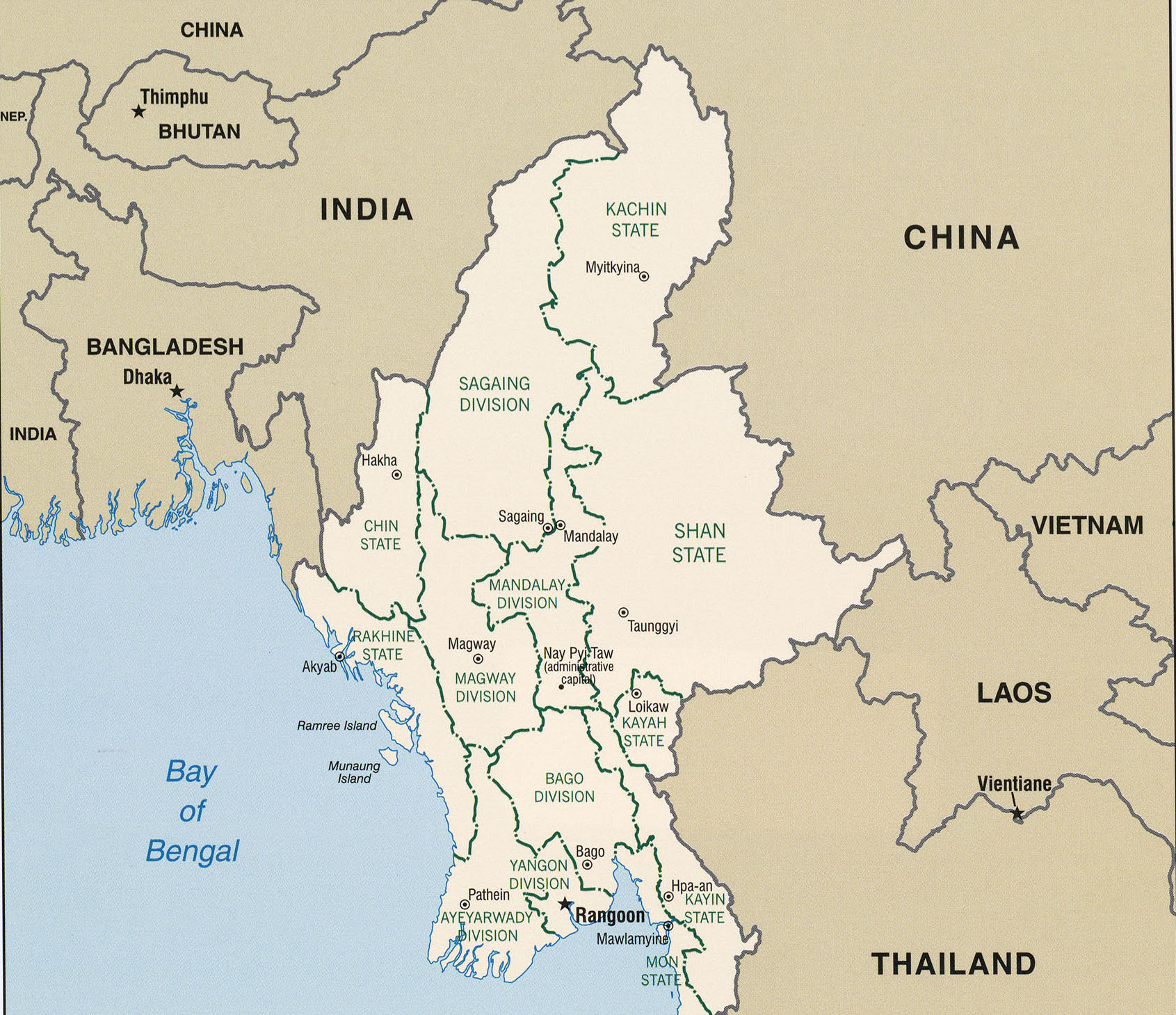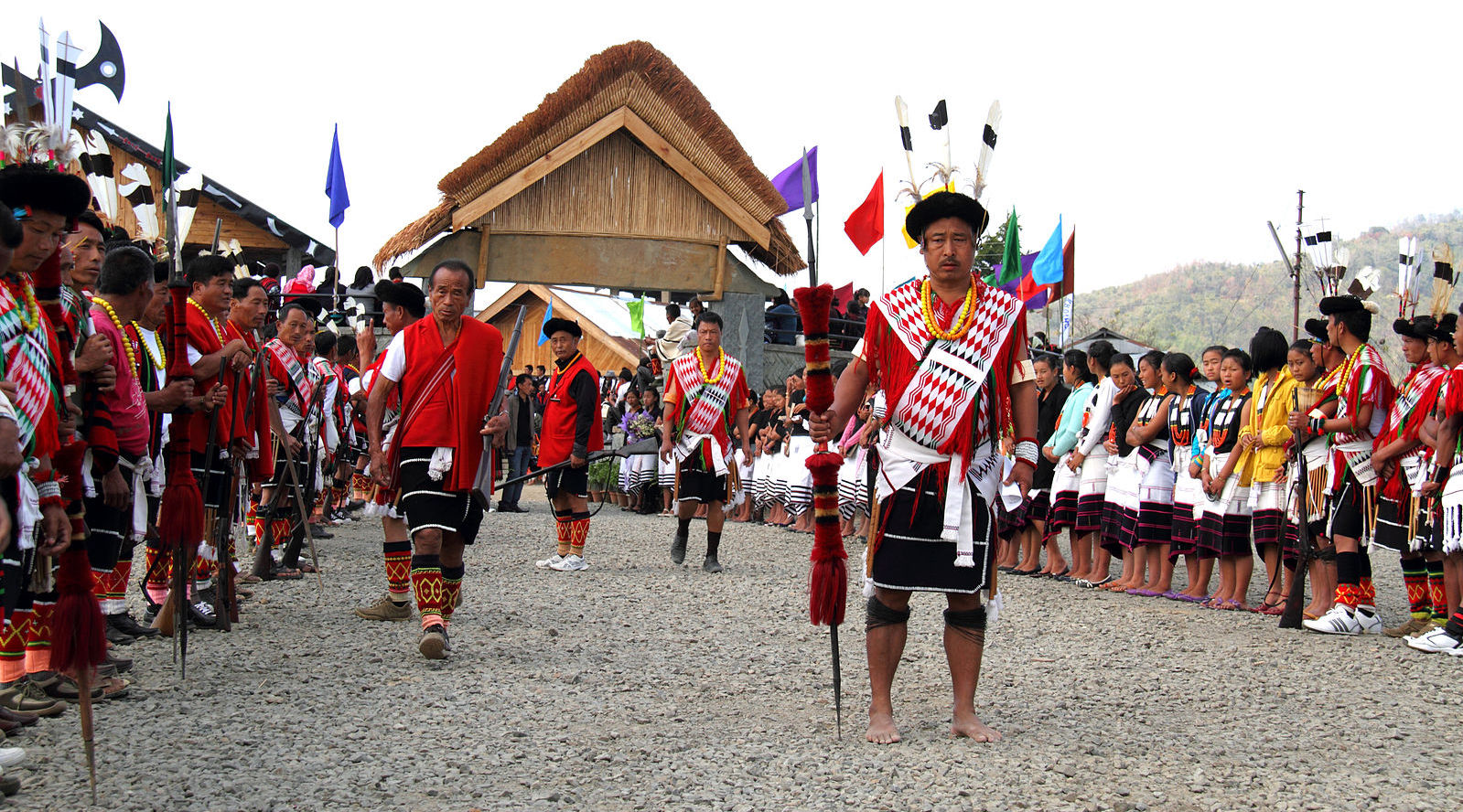
Fighting breaks out along Durand Line
According to reports in Pakistan’s media, the Afghan Taliban and affiliated militants launched an attack from the Afghan side of the border, killing at least 23 Pakistani troops and injuring some 30 others. Pakistan’s Foreign Minister Ishaq Dar stated that troops responded to cross-border raids by “Fitna-e-Khawarij and Fitna-e-Hindustan terrorist elements.” This appears to be a reference to the Tehrik-i-Taliban Pakistan (TTP), which Islamabad accuses the Afghan Taliban of providing sanctuary to. In contrast, a statement from Hamdullah Fitrat, spokesman for the Islamic Emirate of Afghanistan, said that conditions on the “imaginary line” with Pakistan are under control. Relations between Pakistan and Afghanistan have been fraught with tension, especially around the disputed Durand Line border. Established in 1893 between British India and Afghanistan, this border has never been officially recognized by any Afghan government since the partition of India in 1947, leading to a persistent territorial dispute. (Map: Google)





